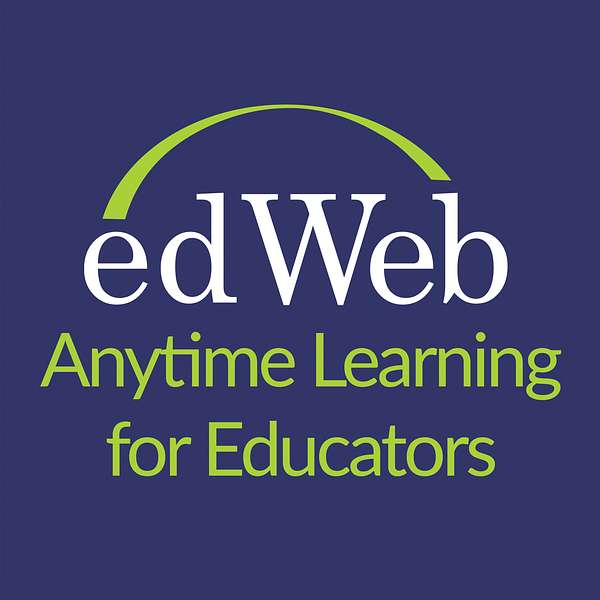
edWebcasts
edWebcasts
Multilingual Learners and the Science of Reading: Building on Common Ground with Dr. Claude Goldenberg
This edWeb podcast is sponsored by CORE Learning.
The webinar recording can be accessed here.
Have you heard the big news? Educators are finding common ground on important issues affecting literacy education for multilingual learners.
This edWeb podcast highlights how this new common-ground perspective can help shape multilingual education policy today. Presented by Dr. Claude Goldenberg, we use the foundational work laid out in the paper Narrowing Down to Find Common Ground: Shared Agreements for Effective Literacy Instruction in California to take the conversation to the next level by discussing how policy makers should implement policies based on the best research we have for the benefit of multilingual learners.
Here are the areas where educators are finding common ground:
- Students can learn to read, write, and speak in two (or more) languages at the same time. Multilingualism and multiliteracy are assets we should build on.
- Foundational literacy skills, crucial for first or second language learners, must be taught explicitly, systematically, and cumulatively.
- Beyond foundational skills, full literacy requires language development, vocabulary, knowledge, and cognitive skills, all essential for comprehensive literacy growth.
- Multilingual learners need targeted support to develop English literacy and oral proficiency concurrently, especially if English is a new language for them.
- Early screening for reading challenges, with linguistically and culturally appropriate measures, is key to providing effective instruction and helping mitigate future difficulties.
Join the conversation on how these agreements should affect evolving educational policies that will impact your teaching, and gain practical ways to adapt and enhance your approach for your diverse classrooms. This edWeb podcast is the second part of CORE Learning’s three-part “Structured Literacy and Language Diversity Lunch and Learn Week,” and is of interest to PreK-12 teachers and school and district leaders.
CORE LearningTransform teaching and learning so that every student thrives.
Disclaimer: This post contains affiliate links. If you make a purchase, I may receive a commission at no extra cost to you.
Learn more about viewing live edWeb presentations and on-demand recordings, earning CE certificates, and using accessibility features.